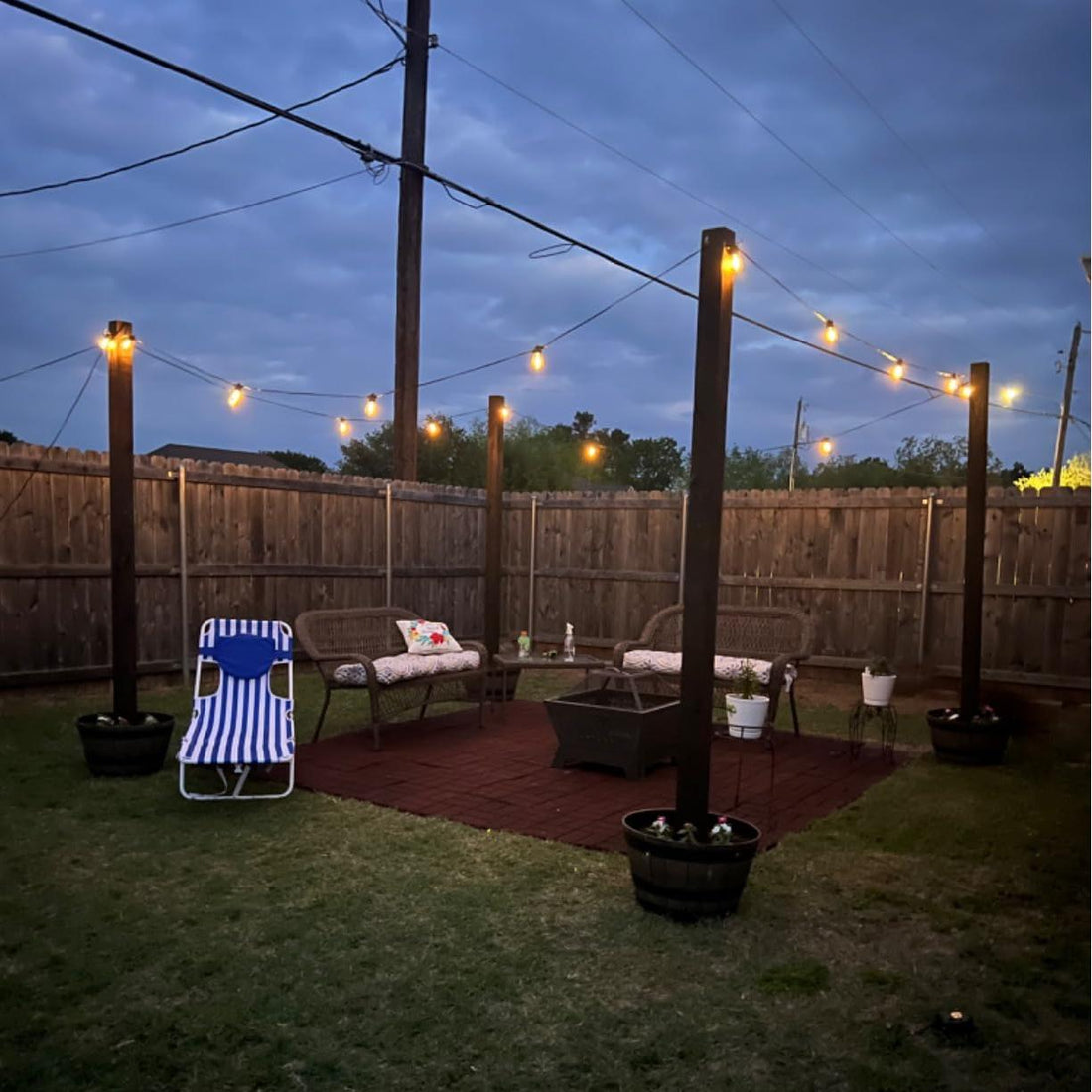
Indoor Solar Lights: Sustainable Lighting Solutions for Your Home
Indoor solar lights are an innovative and eco-friendly lighting option that uses renewable energy to illuminate your home. By harnessing sunlight during the day, these lights provide reliable and sustainable indoor illumination without relying on grid electricity. But how do they work, and what makes them a great choice for your home?
How Indoor Solar Lights Work
Indoor solar lights function by converting sunlight into electricity through photovoltaic (PV) cells, storing this energy in batteries for later use.

Understanding Solar Energy Conversion
Solar panels absorb sunlight and transform it into direct current (DC) electricity. This electricity is stored in a rechargeable battery, which powers the light when needed, especially during nighttime or low-light conditions.
Components of Indoor Solar Light Systems
- Solar Panel: Captures sunlight and converts it into energy.
- Battery: Stores the energy generated by the solar panel.
- LED Light: Provides efficient illumination with minimal energy consumption.
- Controller: Regulates energy flow to ensure optimal performance.
Advantages of Indoor Solar Lights
Cost-Effectiveness and Energy Efficiency
Solar lights help reduce electricity bills by using free, renewable solar energy. Over time, the savings outweigh the initial investment.
Eco-Friendly Lighting Alternative
Solar lights reduce reliance on fossil fuels, lowering carbon footprints and contributing to a greener planet.
Versatile Applications
Indoor solar lights are available in various designs, making them suitable for different rooms, styles, and purposes.
Types of Indoor Solar Lights
Portable Solar Lanterns
These lights are lightweight and easy to carry, ideal for temporary setups, emergency use, or camping.
Fixed Solar Light Panels for Indoors
These systems are installed permanently in a room and connected to outdoor solar panels for continuous power.
How to Choose the Right Indoor Solar Light
Brightness and Battery Life
Evaluate the lumen output to ensure sufficient brightness for your needs. Consider battery life to avoid frequent recharging.
Design and Compatibility
Choose a design that complements your home's interior aesthetics while ensuring functionality.
Installation Tips for Indoor Solar Lights
Placing Solar Panels for Maximum Efficiency
Ensure solar panels are positioned in areas with ample sunlight, such as south-facing windows or rooftops.
Mounting and Positioning Indoor Lights
Place lights in areas where illumination is most needed. Some lights come with adjustable mounts for better flexibility.
Best Uses for Indoor Solar Lights
Emergency Lighting
Indoor solar lights are reliable during power outages, providing uninterrupted illumination.
Everyday Home Use
From bedrooms to kitchens, these lights are perfect for daily use, offering consistent and sustainable lighting.
Maintenance Tips for Indoor Solar Lights
Battery Care and Replacement
Regularly check battery health and replace it when performance declines to ensure optimal functionality.
Cleaning Solar Panels for Maximum Output
Keep solar panels clean and free from dust to maximize sunlight absorption.
Indoor solar lights are a sustainable, cost-effective, and eco-friendly lighting solution for homes. They offer reliable illumination while reducing energy consumption and environmental impact. With various designs and features available, making the switch to solar lighting has never been easier.
Frequently Asked Questions (FAQs)
-
Do indoor solar lights work without direct sunlight?
Yes, they can charge on cloudy days, though the charging efficiency may decrease. -
What is the average lifespan of indoor solar lights?
Most indoor solar lights last 3-5 years, depending on usage and maintenance. -
Can I use indoor solar lights in any room?
Absolutely! They are versatile and suitable for bedrooms, living rooms, and even kitchens. -
Are indoor solar lights bright enough for daily use?
Yes, modern indoor solar lights provide ample brightness for most household needs. -
How much do indoor solar lights cost?
Prices vary depending on features and quality, but they often pay for themselves through energy savings.









